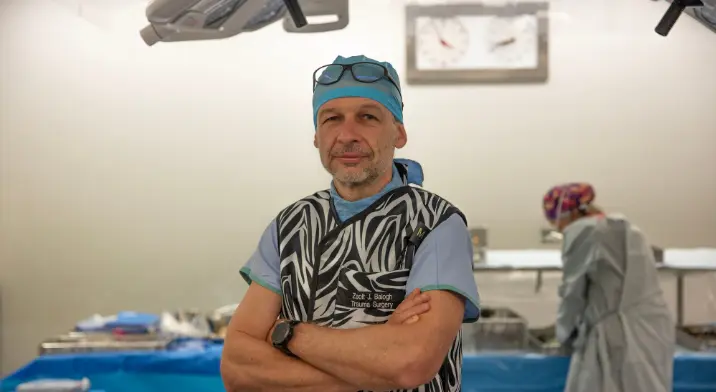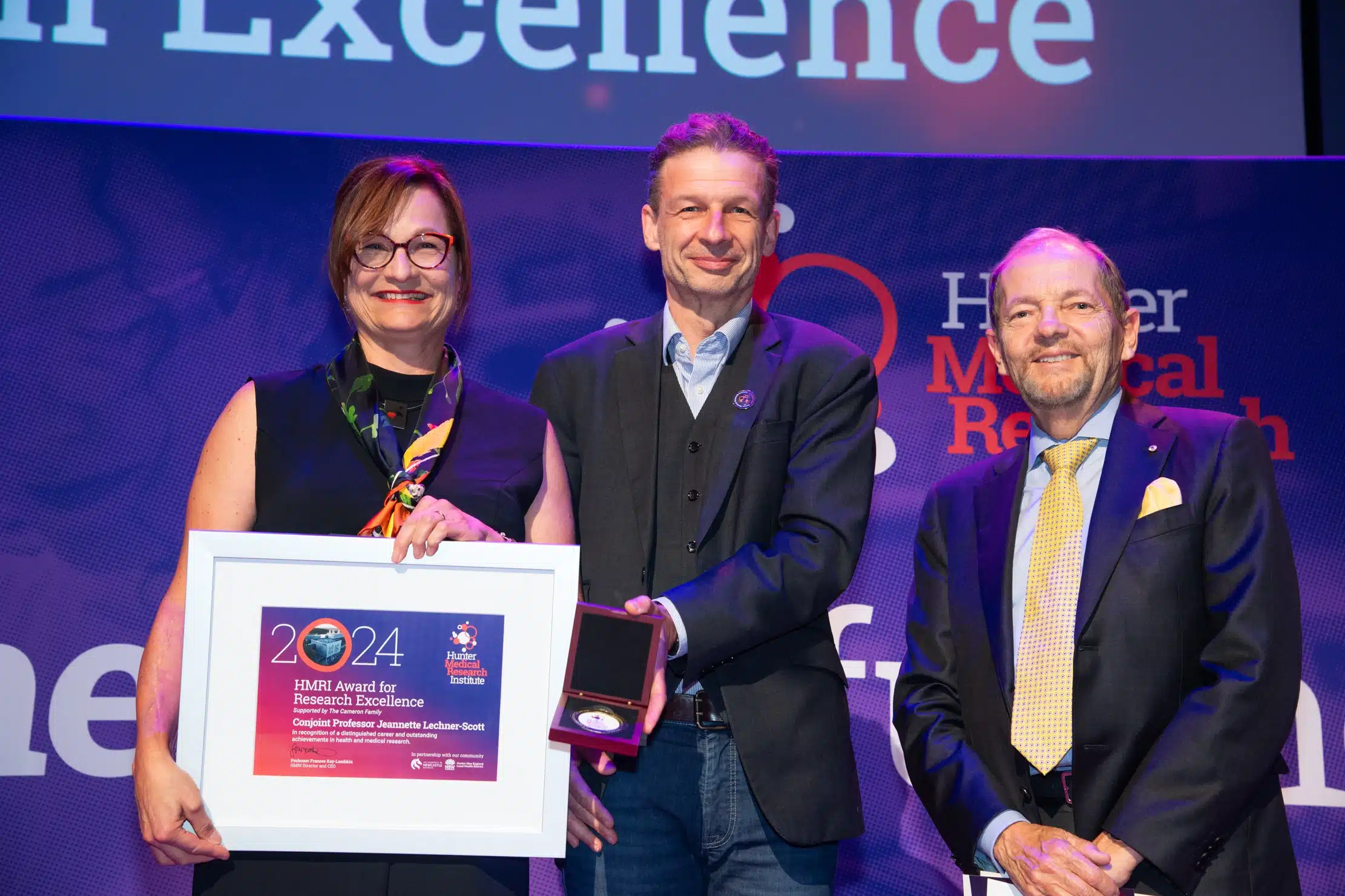Professor Sally McFadden has qualifications in Mathematics, Psychology and Neuroscience. Her research encompasses a cross-disciplinary approach to Vision Sciences with experience in binocular vision, comparative optics, retinal and brain anatomy, behavioural psychophysics, eye movements and visual attention, and the biology of the myopic eye.
She established the first guinea pig model of myopia with distinct advantages and characteristics that mimic human myopia, making it suitable for developing surgical and drug interventions. She has used it to characterise myopic tissues’ biological, molecular, biomechanical, and anatomical properties. Prof McFadden has refined the model to rapidly test and develop NCE’s and novel lenses for myopia treatment.
She has also applied novel 3D imaging methods to characterise the effects of myopia interventions and treatments and, most recently, has extended the model to induce pathologies of high myopia.
Her current interest is developing novel scleral treatments and methods to study the biomechanics of ocular tissues.
Over the course of her career, she has mentored students around the world and supervised over 100 graduate and Honours students.
Professor McFadden’s teaching experience ranges from neuroscience to advanced statistics. During her career, she developed and coordinated 27 undergraduate courses and contributed to 42 different courses for over 20,000 individual students.
She has established accredited programs in Psychology and developed associated novel teaching methods. Despite her commitment to teaching, she has also successfully led many research projects together with our international collaborators in Asia, Europe and USA. Professor McFadden also has training and awards in research commercialisation.













